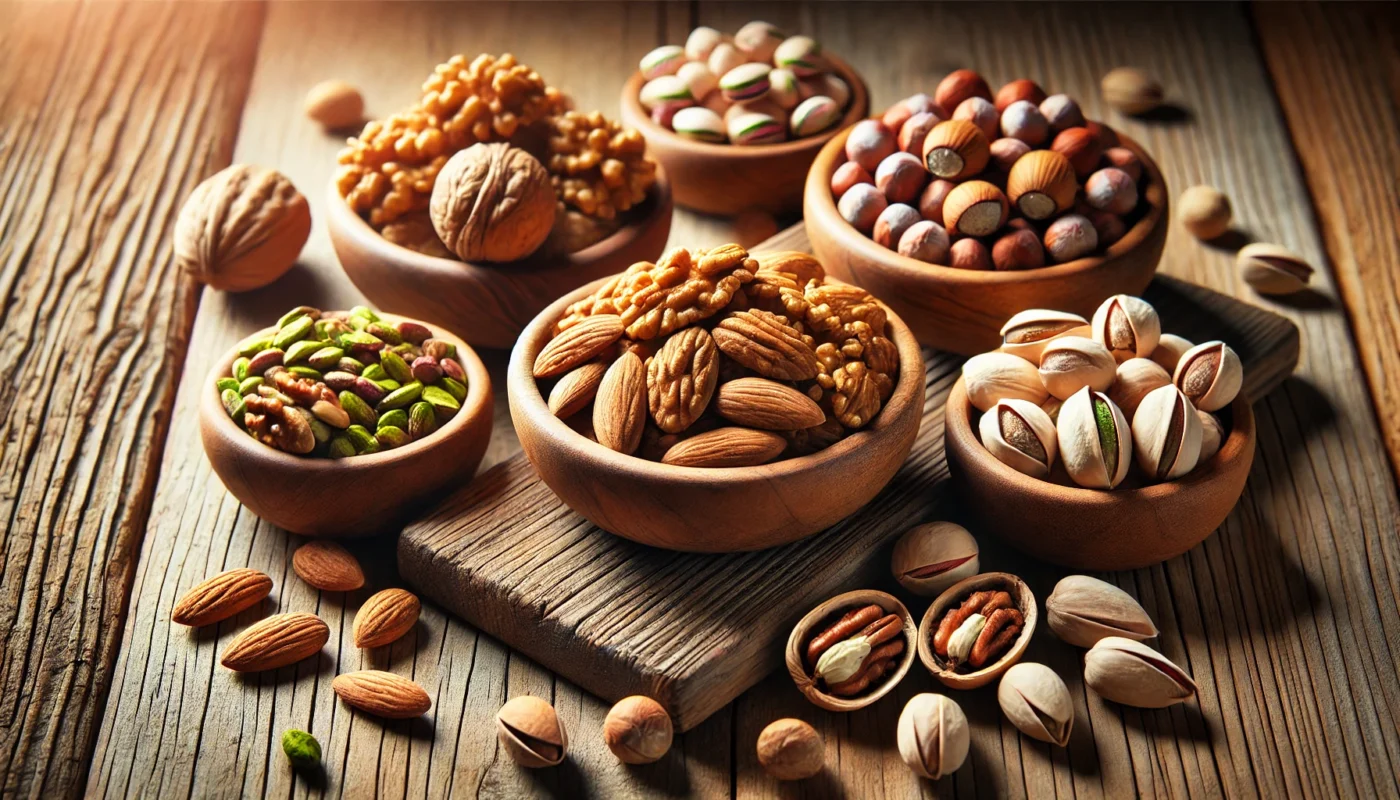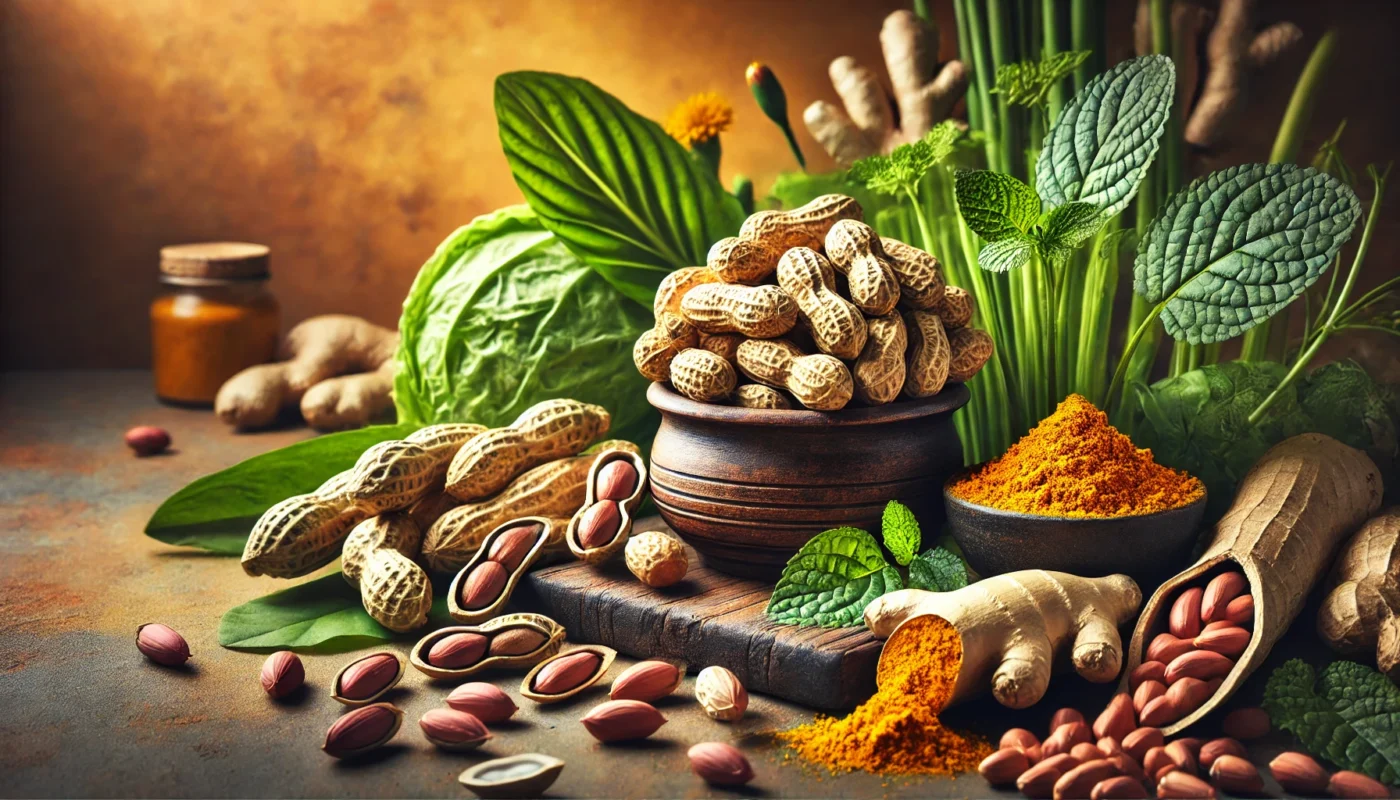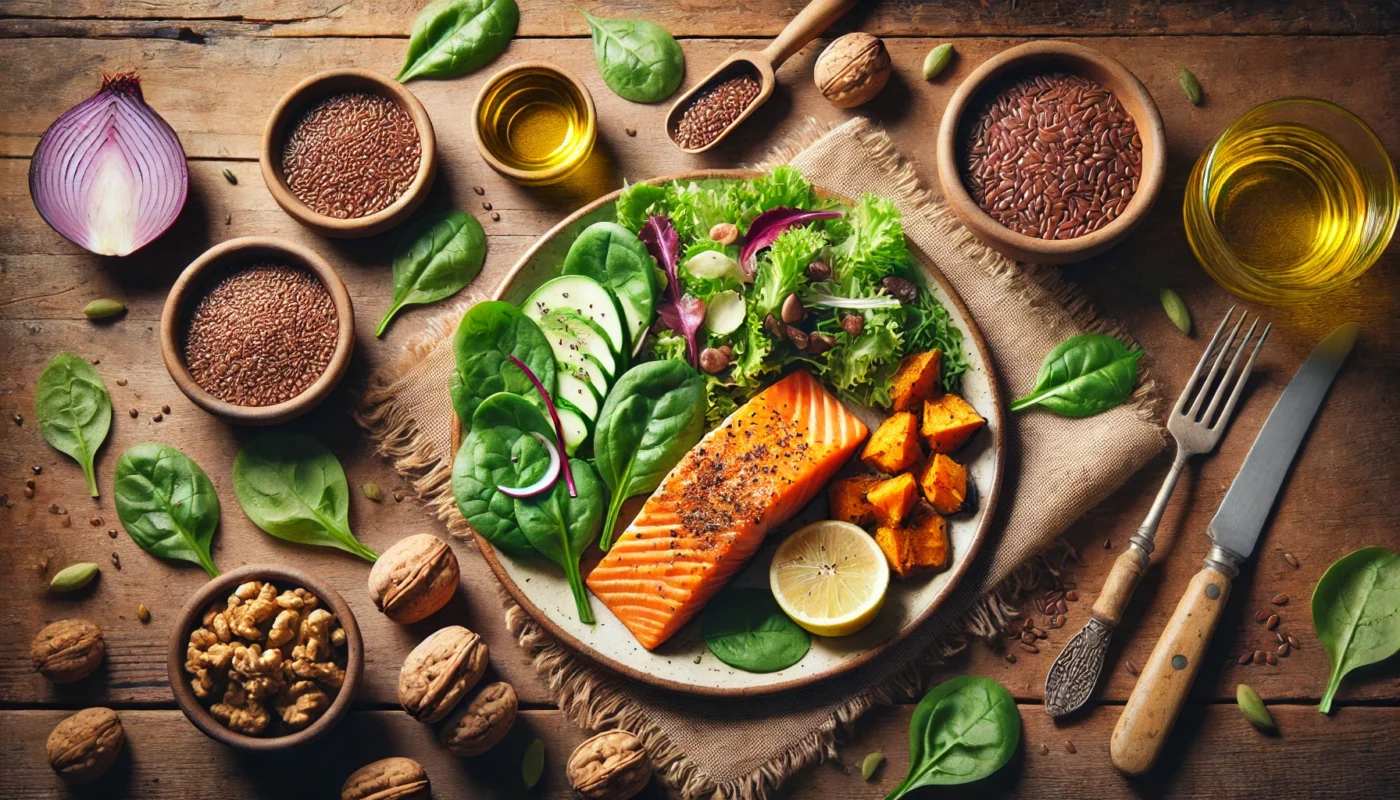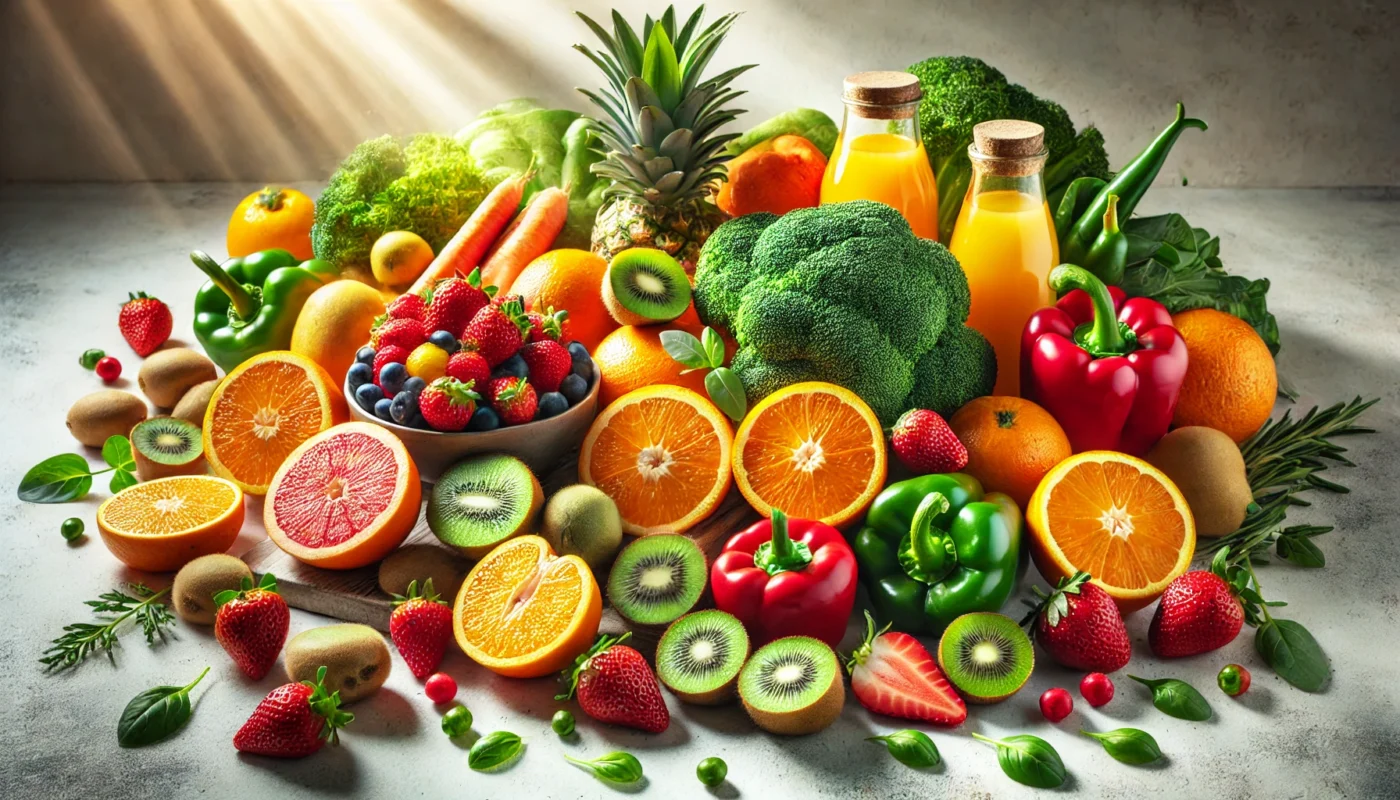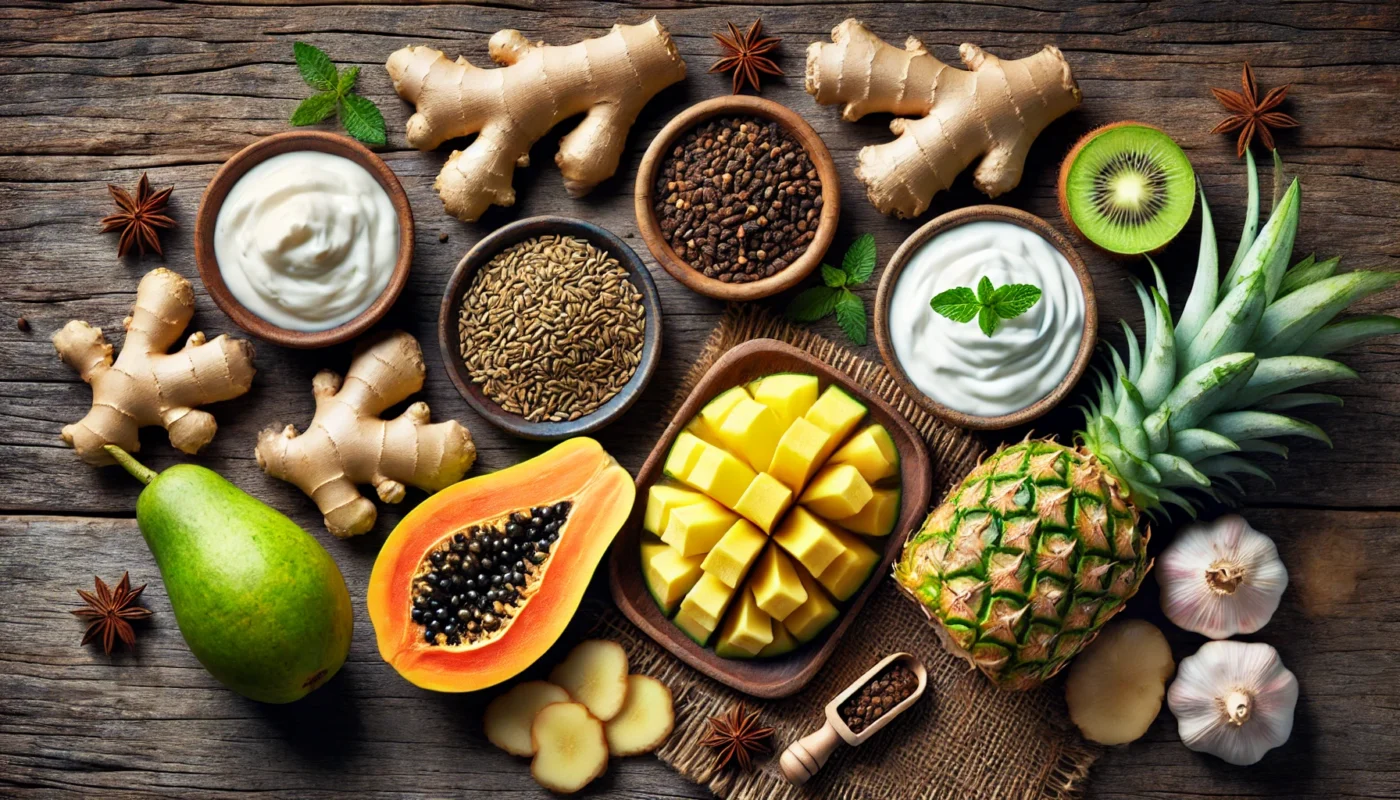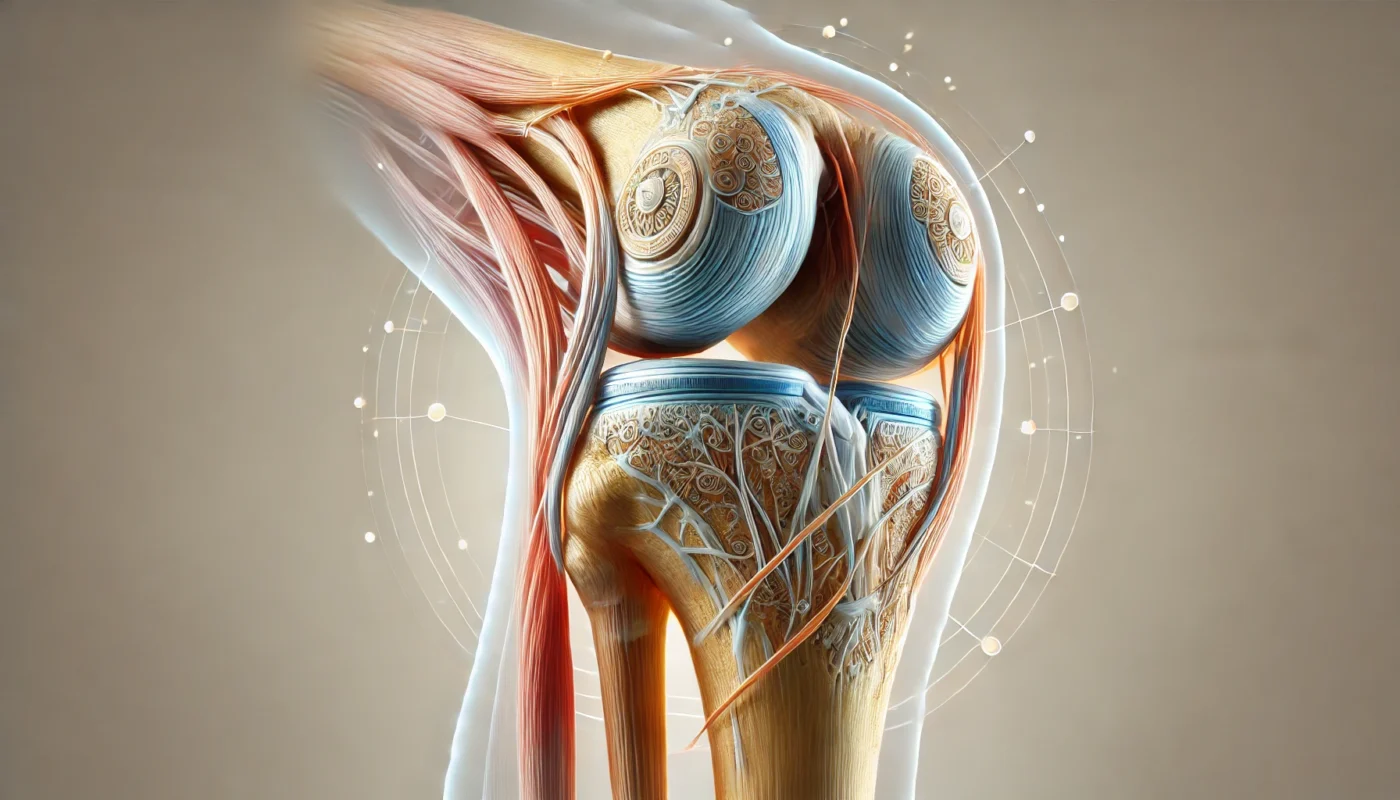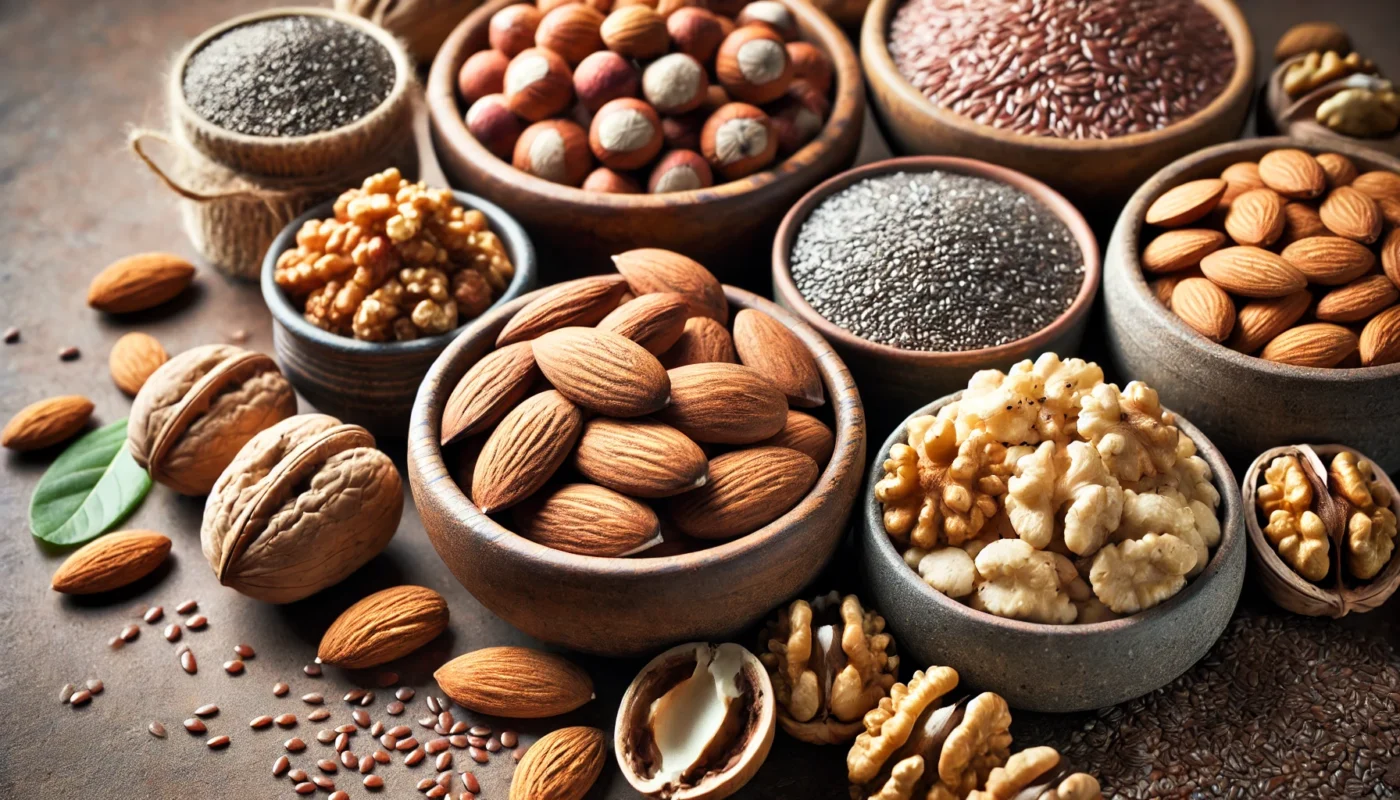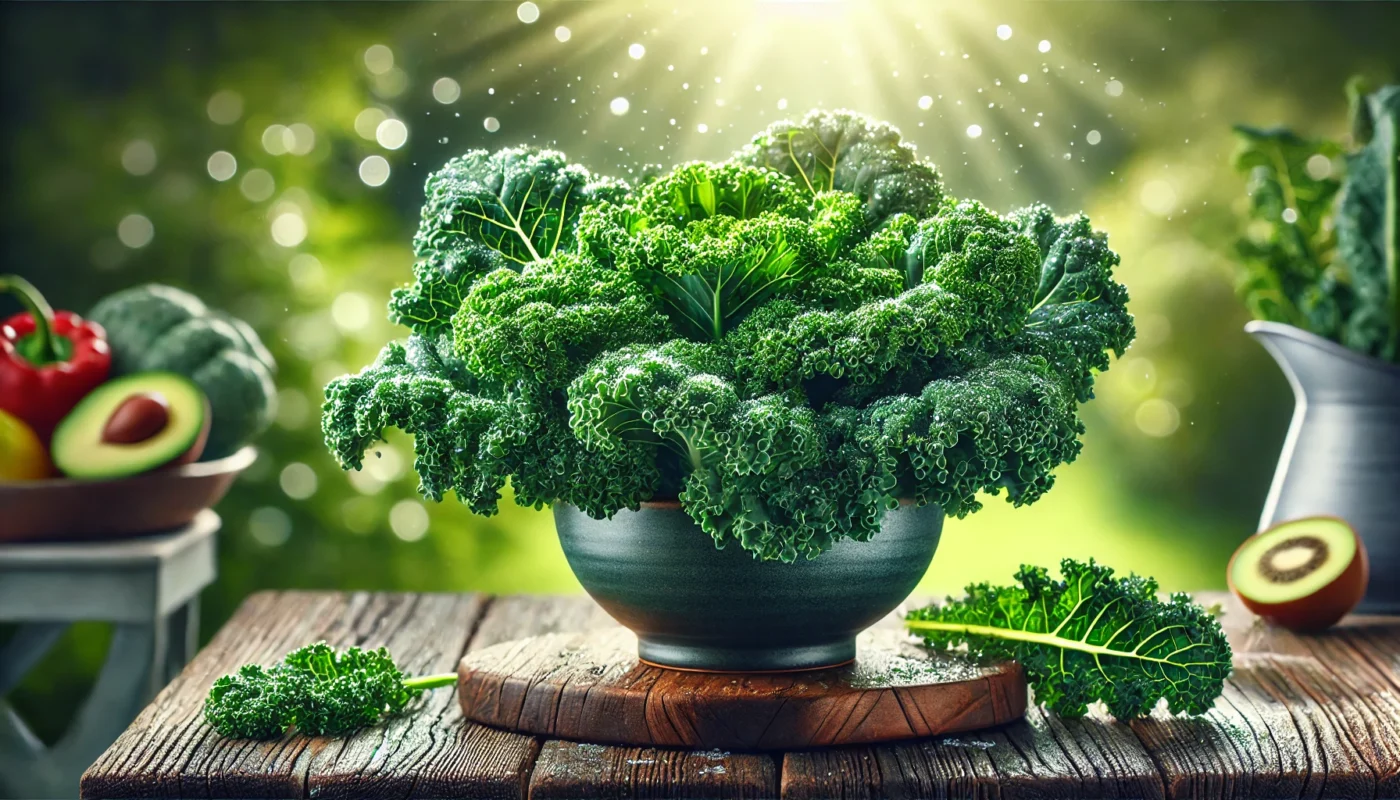Grapes have long been cherished not just for their delightful sweetness and versatility in culinary applications, but also for their potential health benefits. Among the multitude of health topics that pique the interest of fitness enthusiasts, health aficionados, and medical patients alike, the relationship between grapes and inflammation stands out as particularly intriguing. Let’s delve into the scientific evidence and explore whether grapes, along with other popular fruits, are friends or foes in the context of inflammation.
Tag Archives: dietary tips
Before diving into the specifics, it’s crucial to grasp the relationship between nuts and inflammation. Nuts are nutrient-dense foods packed with healthy fats, fiber, protein, vitamins, and minerals. While some might wonder, “are nuts inflammatory?” the answer largely depends on the type and quantity consumed. Generally, most nuts are beneficial in moderating inflammation due to their rich antioxidant content.
Inflammation is a natural response of the body to injury or illness, but chronic inflammation can lead to a host of health issues, including arthritis, heart disease, and diabetes. While medications can help, many people are turning to natural remedies to reduce inflammation, and juices made from anti-inflammatory ingredients are increasingly popular. In this guide, we’ll explore some of the top juices that can help combat inflammation naturally, backed by scientific evidence and practical advice.
Inflammation is a response of the body’s immune system to injury or infection. While it is a natural and protective mechanism, chronic inflammation is linked to a multitude of health issues, including arthritis, heart disease, and even certain types of cancer. As such, managing inflammation is crucial for maintaining overall health and wellbeing. Surprisingly, peanuts, often underestimated in nutritional discussions, can play a significant role in combating inflammation.
Inflammation is a natural defense mechanism used by the immune system to protect the body against harm, such as infections or injuries. However, when inflammation becomes chronic, it can lead to various health issues. One of the key triggers of chronic inflammation is diet. Certain foods can provoke an inflammatory response, leading to long-term health consequences.
This comprehensive guide delves into the top 10 sources of vitamin C, exploring how they can be integrated into your diet to bolster your immune defenses. Whether you’re a fitness enthusiast, health aficionado, or medical patient aiming to enhance recovery, understanding these sources is pivotal.
Vitamin C, or ascorbic acid, is an essential water-soluble vitamin that plays a critical role in various bodily functions. It is a potent antioxidant, aiding in the protection of cells from oxidative stress. Moreover, vitamin C is crucial for the synthesis of collagen, absorption of iron, and maintenance of the immune system.
The chemistry behind vitamin C’s effectiveness is fascinating. As an electron donor, vitamin C neutralizes free radicals, preventing cellular damage. This action is vital in slowing down aging and reducing the risk of chronic diseases. Furthermore, its role as a cofactor for several enzymatic reactions emphasizes its importance in metabolic pathways.
Bloating can be an uncomfortable and often embarrassing condition, characterized by a feeling of fullness or swelling in the abdomen. It is a common complaint that can affect individuals of all ages, and while it is often benign, it can sometimes indicate an underlying health issue. Understanding the causes of bloating is the first step towards finding effective relief.
Joints are the connections between bones that allow for movement and provide mechanical support. Ligaments are the fibrous connective tissues that link bones together at the joints. Both are pivotal in maintaining physical functionality. When joints are not healthy, it leads to discomfort, pain, and even debilitating conditions such as arthritis.
Inflammation is the body’s natural response to injury or infection. While acute inflammation is beneficial for healing, chronic inflammation can lead to various health issues, including heart disease, diabetes, and autoimmune conditions. For some, gluten—a protein found in wheat, barley, and rye—can trigger inflammatory responses, particularly in individuals with celiac disease or non-celiac gluten sensitivity.
In the quest for optimal health and wellness, incorporating superfoods into your diet is a strategy worth considering. Superfood vegetables, often hailed for their exceptional nutrient density and health benefits, offer a range of advantages that can support everything from heart health to cancer prevention. In this article, we delve into the top 10 superfood veggies that can make a significant impact on your health journey.


